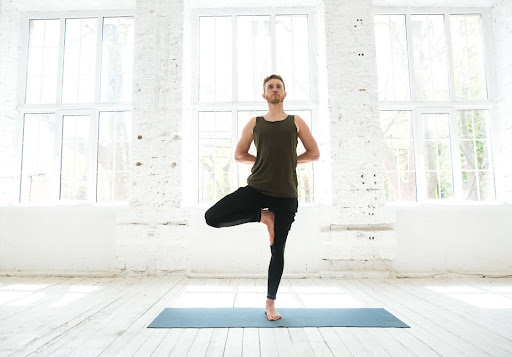A simple question is being posed by a prominent cardiologist: Can you stand on one leg for 10 seconds? The answer may be more important than you think, as recent scientific research suggests your lifespan could depend on it. This simple test is a powerful predictor of long-term health.
The assertion is backed by a major 2022 study involving 1,700 middle-aged and older adults. Over a 10-year period, researchers tracked their health, discovering a profound connection between their ability to balance and their mortality risk.
The study’s main conclusion was that individuals who could hold a one-legged stance for the 10-second threshold had an over 90% probability of being alive seven years later, without major disability. This establishes the balance test as a crucial, independent marker of overall vitality.
According to the heart specialist, this is because balance is a multidimensional indicator of health. It is not just about muscle, but about the synergy between your brain, nerves, vision, and body. An inability to maintain stability could be an early warning sign of decline in one of these interconnected systems.
If you wobble or fail the test, don’t panic. Instead, take it as a valuable piece of health information. The cardiologist recommends proactively working on your balance through targeted activities. Practices like yoga and Tai Chi are excellent for enhancing stability and coordination, thereby improving your chances for a longer, healthier future.

